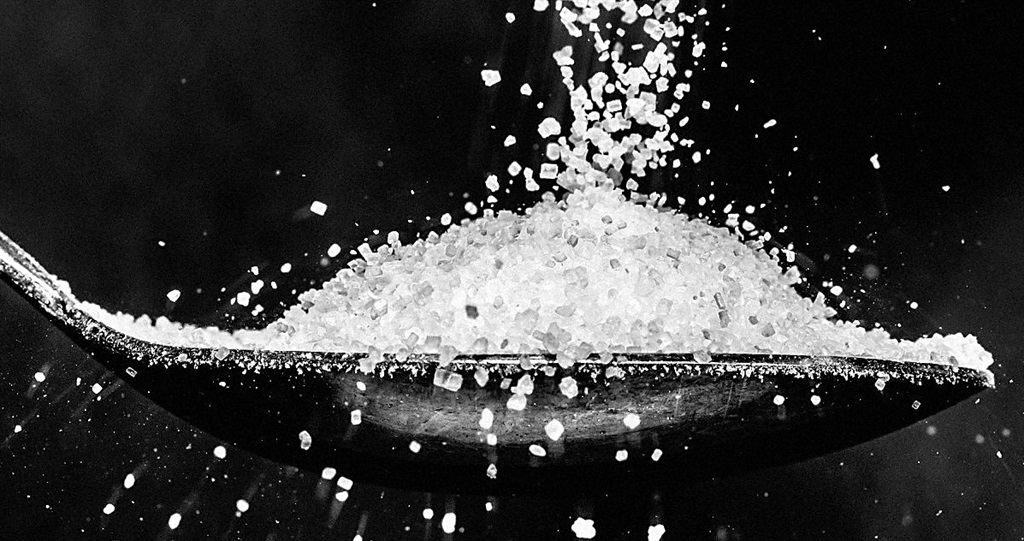
The sugar tax is a ‘blunt instrument’ because rates will vary according to a soft drink company’s size
The soft drink industry’s aggressive fightback strategy against Treasury’s proposed 20% sugar tax is drawing flak and support.
In public, the industry is relying on two main claims to fight the tax: that its products play almost no role in the national diet; and that taxing them will unleash catastrophic economic damage.
The Beverage Association of SA (BevSA) this week released its submission against the tax proposal to Treasury at an event held at the JSE in Sandton.
Its main economic argument is that the tax will result in up to 70 000 job losses, mostly in retail and sugar farming. This is a hypothetical worst-case scenario in which the industry does nothing in its power to mitigate the effect of the new tax.
“The tax is a blunt instrument and this is a blunt response,” admitted Jonathan Rief, who is part of the Coca-Cola team that formulated the drinks giant’s response to the tax, while talking to City Press at
the event.
The claim is based on a modelling study conducted by UK consultancy Oxford Economics, which will be released to the public next month.
According to Francois Rozen, another member of Coca-Cola’s technical team, there would probably be industry moves to reformulate and shift the unit composition of their product to reduce the tax burden.
This was based on one main assumption: that the tax would raise soft drink prices by 25% and reduce sales by 33% across the board.
However, Brett Naidoo, the CEO of smaller company SoftBev, denied that reformulation and substitution were realistic responses to the tax.
“We have, in certain instances, reformulated our drinks with a sugar and sweetener combination,” he told City Press.
But consumer acceptance was far from guaranteed, he added. “If people are going to substitute, that will also be unaffordable. People are simply going to exit the category.
“We think it is important that government does a proper socioeconomic impact study,” said Naidoo.
“They will drink tap water,” said Lance Sheppard, a director of soft drinks producer Little Green Beverages.
City Press previously reported that the design of the proposed tax would put a far higher rate of tax on the smaller companies producing cheaper drinks and selling them in larger units.
For example, a can of Coca-Cola will get taxed at about 9%, but a bottle of cheaper Coo-ee will face a tax of 50%.
The submission from Little Green Beverages, a relatively unknown producer of smaller “B brand” carbonated drinks such as Refreshhh, shows how varied the outcomes of the tax design are.
While the overall effective sugar tax will be roughly 25%, one of the smaller bottlers claims its products are set to be taxed at an average rate of 71%.
In its submission, Little Green Beverages called for the tax to be cancelled, but also proposed an alternative that is gaining support – namely, a threshold approach where drinks with sugar content below a certain point get exempted.
This would create a massive incentive to reformulate.
Auditing firm Deloitte released a statement this week proposing the same thing.
The DA made a short submission broadly supporting the tax, but also suggesting that its “incentive architecture” should be sharpened.
Citing the BevSA job loss numbers, the opposition party added that they “may be the speculative overstatement of a self-interested party”.
The primary sugar industry, through the SA Sugar Association, also made a submission this week.
It claimed that the tax would reduce domestic sugar sales by 170 000 tons a year – seemingly endorsing the BevSA estimate of a straightforward 33% drop. That amounts to 7% of sugar production in a normal year, but about a tenth of this year’s drought-stricken crop.
The problem for the refineries is that this reroutes sugar production to the export market.
“That is lossmaking,” said Trix Trikam, executive director of the sugar association.
The domestic market is protected by a variable tariff based on a reference price – meaning the tariff is automatically adjusted to maintain local prices.
BevSA’s submission focuses on refuting claims that sugar consumption promotes obesity. Treasury’s proposal emphasises a far wider range of health problems associated with sugar-sweetened beverages, from diabetes to dental problems.
BevSA’s claim is that, even if the sugar tax worked to reduce soft drink consumption, sugary drinks are such a minor contributor to obesity – a problem it attributes to bad diets – that they would not have an effect.
At this week’s presentation, BevSA executive director Mapule Ncanywa repeated the central claim that soft drinks contribute only 3% to the average South African’s energy intake and are “only 3% of the problem”.
Ncanywa explained BevSA’s math to City Press this way: The soft drink industry uses roughly 450 000 tons of sugar a year.
That sugar contains about 3.8 million calories. If every man, woman and child shared the soft drinks produced equally, they would end up with 85 calories a day from soft drinks. That translates into slightly more than half a can of Coca-Cola a day.
BevSA then compares these 85 calories to an estimated average energy intake by South Africans of 3 100 calories a day.
This number comes from the “food balance sheet” for South Africa produced by the UN’s Food and Agriculture Organisation, representing the estimated calorie content of all food available in a country in a year. Even this body stresses that it must not be construed as an estimate of actual consumption.




 Publications
Publications
 Partners
Partners








